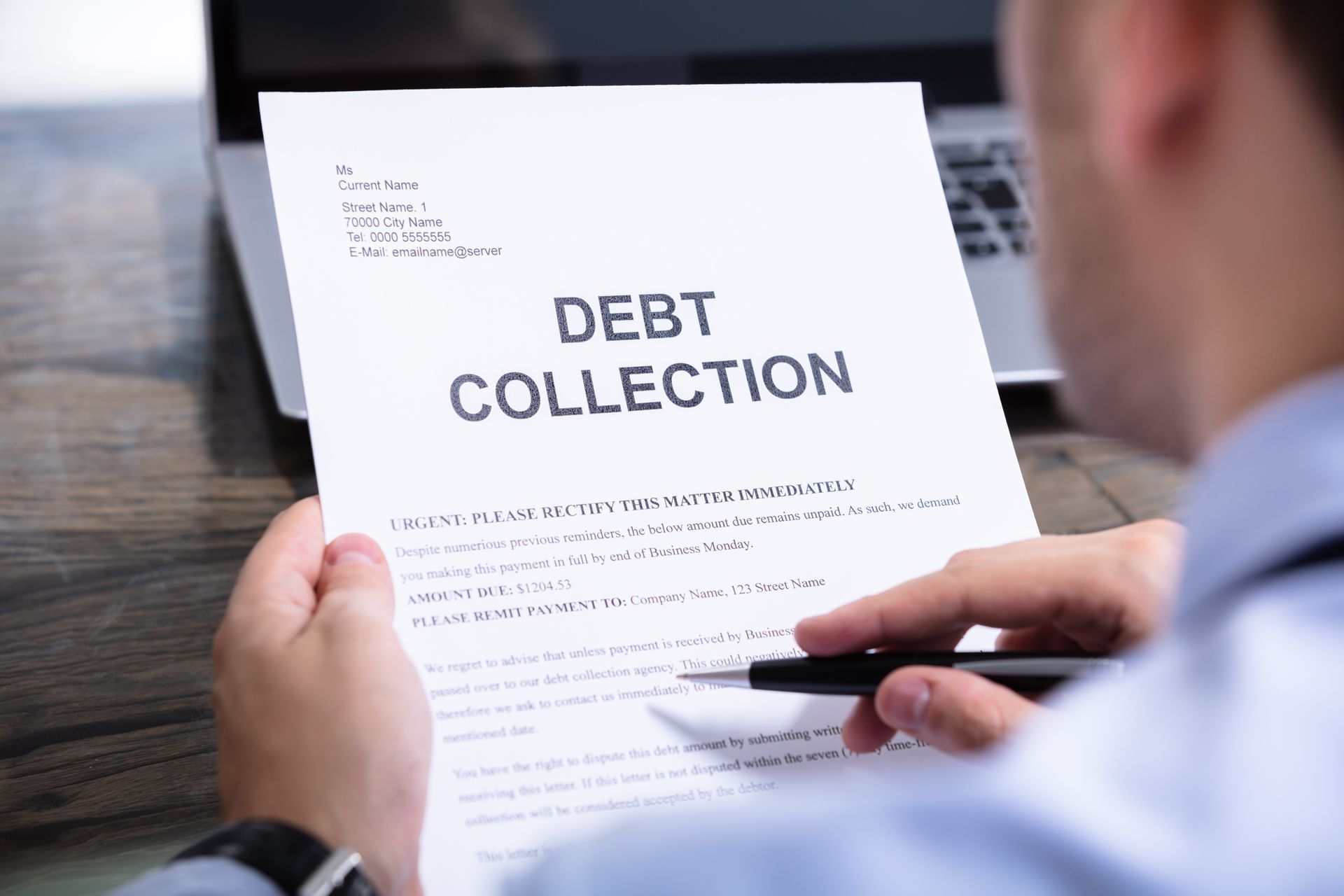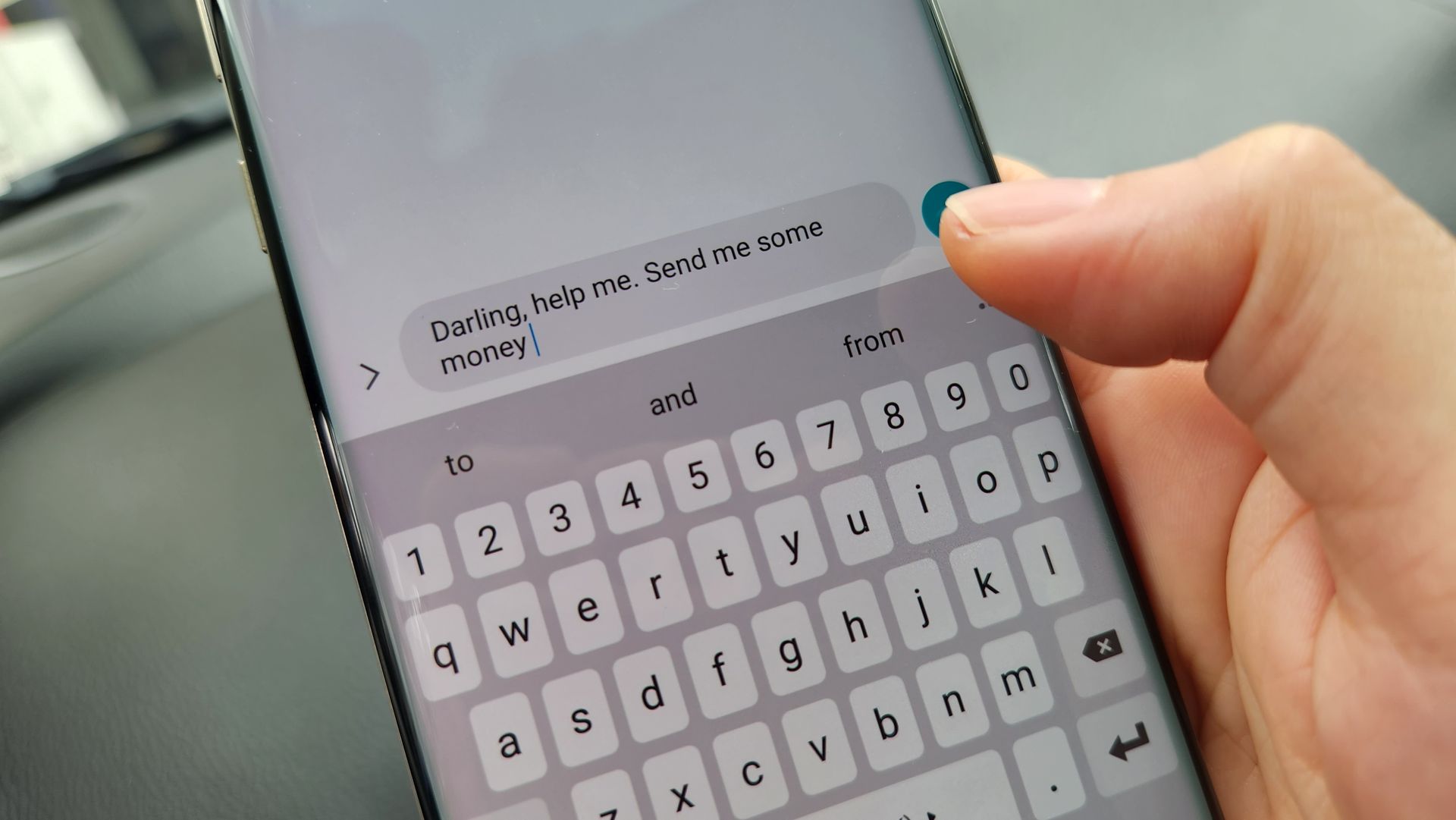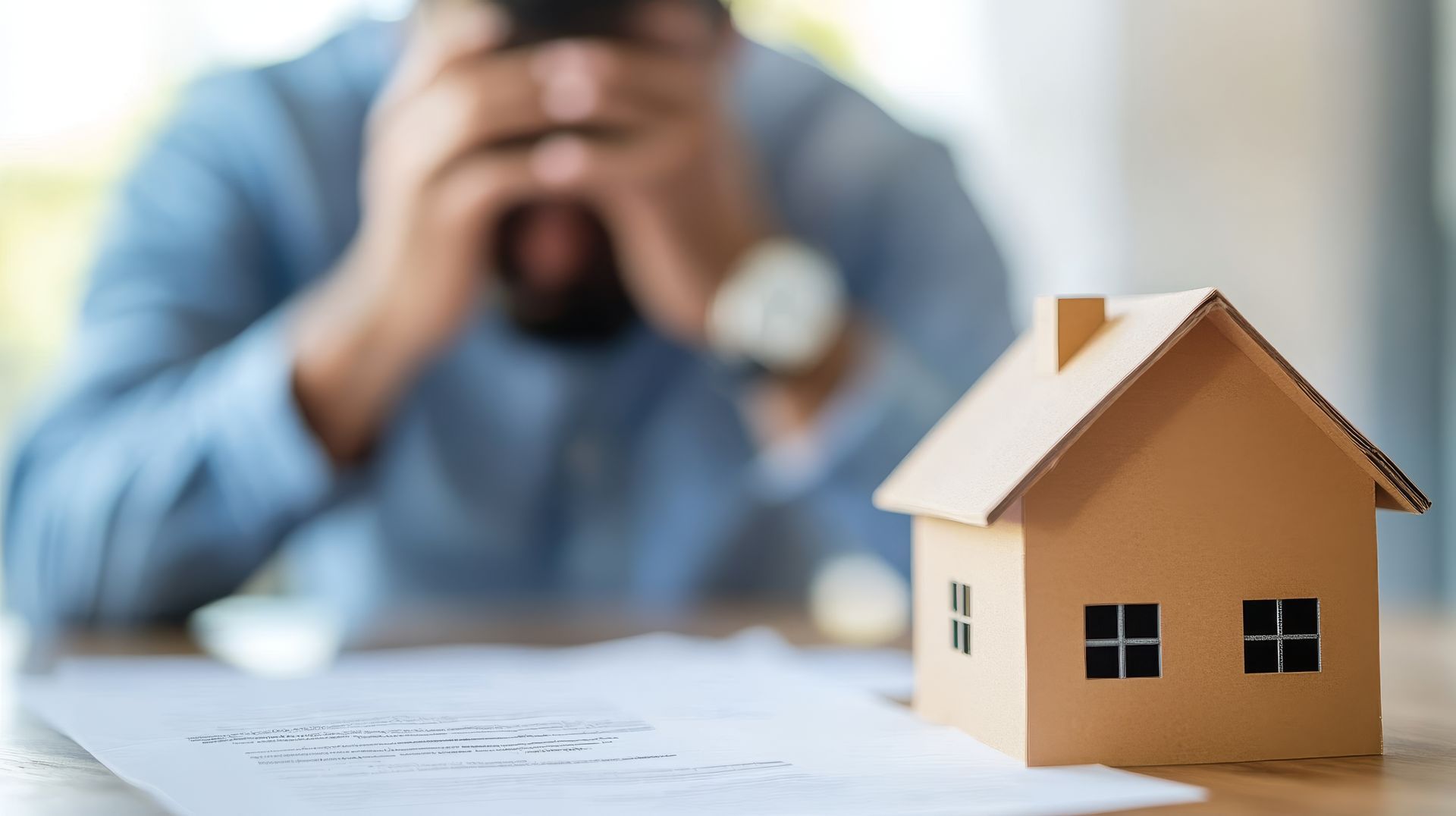
Debt is a reality for many Minnesotans—whether it’s credit card balances, medical bills, auto loans, or personal loans. Carrying debt does not deprive you of your legal rights and protection. Debt collectors and creditors must follow strict rules under both federal and state law, and Minnesota offers additional protections that shield consumers from harassment and abusive collection practices.
What Laws Protect You from Debt Collection Abuse?
Consumers in Minnesota are protected by two main sets of laws:
- The Fair Debt Collection Practices Act (FDCPA) – A federal law that sets national standards for how third-party debt collectors can communicate with consumers.
- Minnesota’s Debt Collection Laws – State-specific laws that add further protections, particularly when it comes to wage garnishment, bank levies, and legal action.
Together, these laws ensure that even if you’re behind on debt payments, you cannot be subject to threats, harassment, or illegal tactics.
What Debt Collectors Can’t Do in Minnesota
Harass or Threaten You
- Call you repeatedly with the intent to annoy you, scare your family, or get you into trouble at work
- Use obscene or profane language
- Threaten you with violence or jail time
- Call you before 8 a.m. or after 9 p.m. unless you agree
- Continue contacting you at work if you’ve told them not to
Misrepresent Themselves or the Debt
- Lie about who they are or who they work for
- Falsely claim you owe more than you actually do
- Threaten legal action they don’t intend to take
- Impersonate government officials or attorneys
Publicly Disclose Your Debt
It’s illegal for debt collectors to share your personal debt information with neighbors, family members, or coworkers. They may contact other people only to locate you, but they cannot say why they’re looking for you or reveal that you owe a debt.
Continue Contacting You After a Written Request
You have the right to demand that a collector stop contacting you. Once you send a written “cease communication” letter, they must stop calling or writing, except to notify you of legal action or that collection efforts have ceased.
What Creditors Can Do Under Minnesota Law
Send You Written Notices
They can notify you in writing of the amount owed, the original creditor, and your right to dispute the debt. If you don’t respond within 30 days, the collector may assume the debt is valid.
Sue You in Civil Court
If you default on a debt, the creditor may file a lawsuit against you. If they win a judgment, they may attempt to collect via wage garnishment or bank account levies—but only with a court order.
Garnish Your Wages or Bank Account (With a Court Judgment)
Minnesota law allows garnishment only after a legal judgment is issued. Certain types of income—such as Social Security, unemployment, or disability—are exempt from garnishment.
Creditors must also notify you before garnishment begins and give you the chance to dispute it.
Report to Credit Bureaus
Debt collectors can report unpaid debts to credit bureaus, which may affect your credit score.
However, you have the right to dispute any inaccurate information on your credit report.
Minnesota-Specific Debt Collection Rules
- Exemptions from garnishment: Minnesota law protects a portion of your wages and certain public benefits from being garnished.
- Redemption rights: If your property is seized to pay a debt, Minnesota gives you the right to “redeem” or recover it under certain circumstances.
- License requirements for collectors: Debt collectors operating in Minnesota must be licensed with the Minnesota Department of Commerce.
What to Do if a Debt Collector Breaks the Law
Maintain detailed records of all communication If you believe a collector has violated your rights. Save voicemails, text messages, letters, and call logs. You can file complaints with:
- The Minnesota Attorney General’s Office
- The Federal Trade Commission (FTC)
- The Consumer Financial Protection Bureau (CFPB)
You also have the right to sue a debt collector for damages and legal fees under the FDCPA and Minnesota law.
Are You Looking for Legal Assistance to Deal With a Debt Collection Issue?
Knowing your rights under Minnesota’s debt collection laws is the first step to protecting yourself. If you're unsure what to do next, you might benefit from speaking with a qualified Minnesota attorney who can explain your banking and consumer rights as well as your options.
Speak with a referral counselor at the Minnesota Lawyer Referral at (612) 752-6699 to get matched with an experienced Minneapolis–St. Paul lawyer today.




